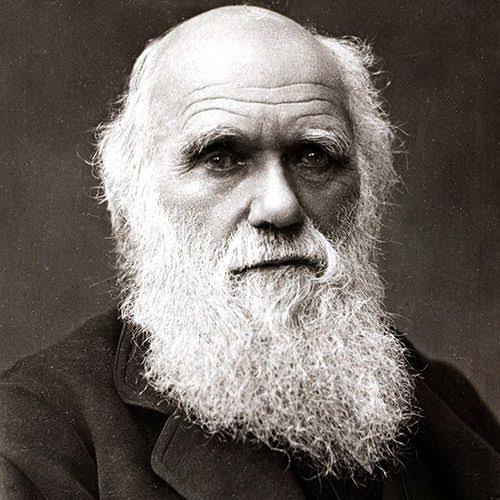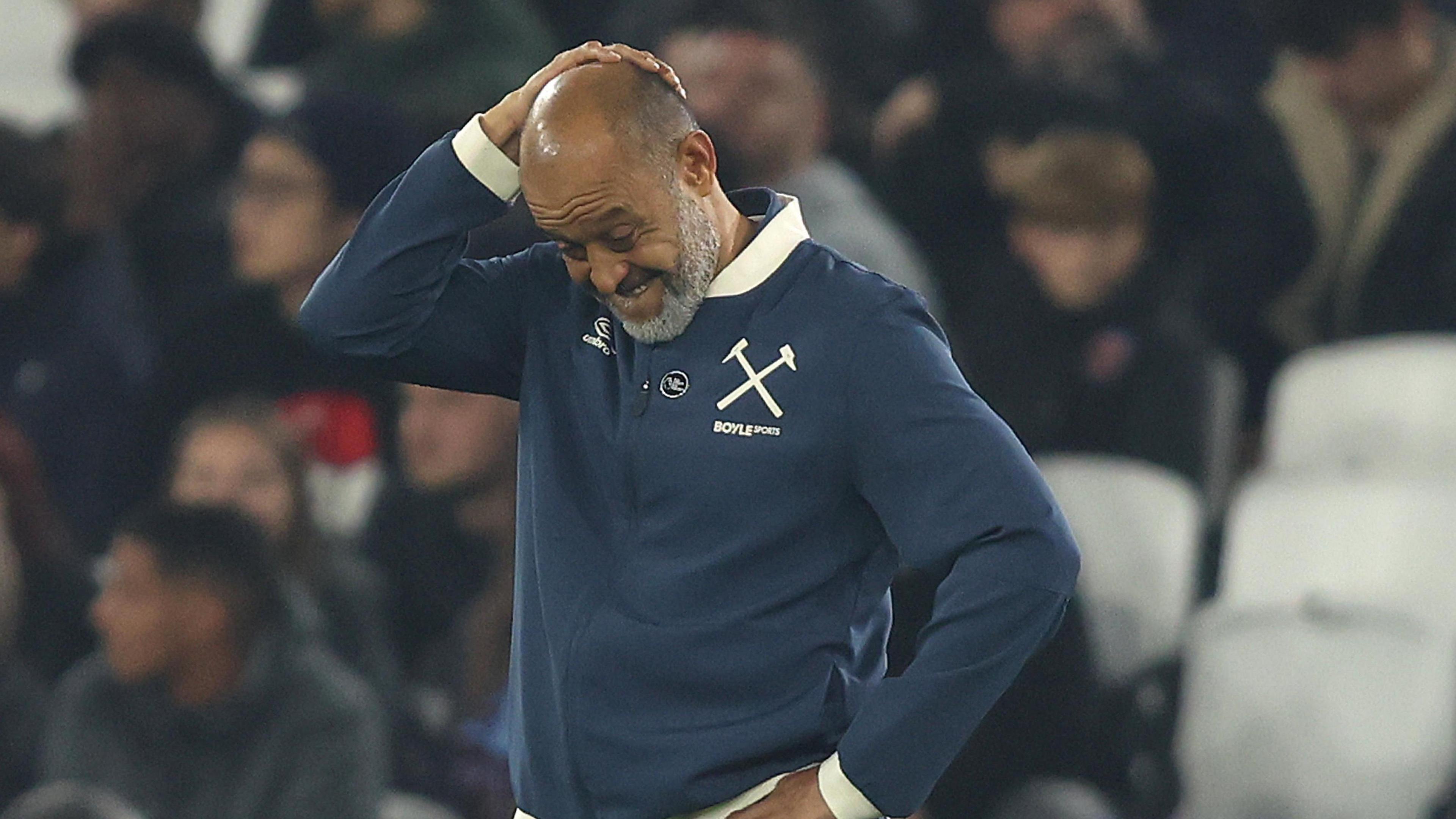Zambia Divided: National Day of Prayer Stirs Political Reconciliation Amidst PF Impasse

As Zambia prepares to observe its annual National Day of Prayer, Peace and Reconciliation on October 18, the nation finds itself at a crossroads, marked by contrasting events of political reconciliation and glaring civic dysfunction. This dichotomy captures Zambia’s delicate balance between efforts to rebuild trust and the pervasive challenge of confronting systemic issues.
In a significant move towards unity within the former ruling Patriotic Front (PF) party, former State House Political Advisor Dr. Chris Zumani Zimba reconciled with Acting PF President Given Lubinda. This reconciliation followed weeks of public tension and internal strife, including Lubinda’s earlier report to police against Zumani for alleged identity theft and online harassment. The meeting, which took strategic place late Thursday, was characterized as warm and sincere by insiders, reflecting the very spirit of the upcoming national observance. Attended by PF Secretary General Raphael Nakachinda and MCC Dr. Canicius Banda, the dialogue reportedly centered on restoring cohesion within the PF and reigniting cooperation across the broader Tonse Alliance, with a view towards the 2026 general elections. Both Lubinda and Zumani publicly committed to working collaboratively to strengthen party structures and uphold the enduring legacy of the late President Edgar Chagwa Lungu.
However, the tone of this political mending sharply contrasted with events unfolding elsewhere in Lusaka. Just weeks before its official launch, the newly constructed Kamwala South Health Post Maternity Wing suffered a devastating theft. Area Councillor Mainda Simataa confirmed that intruders had, on Wednesday night, dismantled and stripped the entire electrical network, including wiring, sockets, circuit breakers, and two industrial geysers, from the facility. The maternity wing, a crucial project funded under the Constituency Development Fund (CDF), was in its final stages of equipment and furniture procurement. Simataa highlighted this as the third major theft since the project commenced seven years ago, with previous incidents involving the loss of doors and window frames. He expressed severe criticism regarding the inadequate security provisions under the current CDF Act, noting that government agencies consistently refuse to deploy security personnel until a facility is officially handed over to the Ministry of Health. Councillor Simataa lamented, “This happened just when we secured funds for equipment and furniture. We will not deliver anything until security is in place,” underscoring the profound impact of such criminal acts on public service delivery.
Adding another layer to the nation’s reflective moment, Bishop Emmanuel Chikoya, General Secretary of the Council of Churches in Zambia (CCZ), described the country’s preparations for the National Day of Prayer as “awkward.” His concern stemmed from the unresolved impasse surrounding the burial of former President Edgar Lungu. Speaking to Phoenix News, Bishop Chikoya emphasized the critical need for integrity and consistency, urging both Zambia’s leaders and its citizens to genuinely “walk the talk” by embodying the values proclaimed during the day of prayer throughout the year. He stressed that the messages delivered on such a significant occasion should not be treated as isolated declarations but as fundamental guiding principles for daily living and governance. Despite the prevailing political tensions, Bishop Chikoya affirmed that the National Day of Prayer continues to serve its intended purpose.
As Zambia approaches this solemn day of prayer, the twin narratives – one of hopeful political reconciliation and the other of disheartening civic dysfunction – prompt a national introspection. The central question remains whether the spirit of unity and forgiveness demonstrated in Lusaka’s political corridors can extend beyond partisan lines to address the broader challenges of governance, accountability, and security across the entire country.
You may also like...
When AI Speaks Swahili: The Rise of Indigenous Language Technology

African technologists are teaching artificial intelligence to understand local languages like Swahili, Yoruba, and Zulu,...
Love And Genetics: Darwin’s Personal Experiment

Read about Charles Darwin’s marriage to his cousin Emma and how it influenced his studies on inbreeding, child health, ...
Food as Medicine: The Return of Africa’s Healing Kitchens

Ancient African recipes are returning to modern kitchens, proving that food isn’t just culture, it’s powerful medicine f...
Maduka Okoye's Sensational Comeback: Udinese Star Reclaims No.1 Spot After Ban

Super Eagles goalkeeper Maduka Okoye has returned to action for Udinese after a two-month ban, making his season debut i...
West Ham United Crisis Deepens as Fans Revolt and Nuno Espirito Santo Admits ‘We Have a Problem’

West Ham’s struggles intensify after a 2-0 loss to Brentford, leaving fans disillusioned and manager Nuno Espirito Santo...
Stephen King Held Glen Powell's 'Running Man' Role Hostage After 'Hit Man' Screening!

Glen Powell secured the lead role in Edgar Wright's adaptation of Stephen King's "The Running Man" after receiving the a...
Jason Voorhees Returns: 'Friday the 13th' Prequel Series Wraps Filming as New Movie Talks Heat Up

After over a decade of silence, Jason Voorhees is set to return with A24’s ‘Crystal Lake’ prequel series wrapping produc...
Ib Quake: Redefining Storytelling Through Spoken Word

Read about how Ib Quake commands words with precision, rhythm, and impact, shaping culture, inspiring writers, storytel...




